#1 Natural and Medical Treatments for Sleep Disorders: A Complete Guide
Sleep disorders are increasingly becoming a common problem affecting millions of people worldwide. The consequences of untreated sleep disorders can range from minor irritability to serious health issues such as heart disease, depression, and impaired cognitive function. Finding the proper treatment is crucial to improving your quality of life, whether you’re struggling with insomnia, sleep apnea, restless legs syndrome, or any other sleep-related condition.
In this comprehensive guide, we’ll explore natural and medical treatments for sleep disorders, helping you make informed decisions about achieving better sleep. We’ll also examine the causes of sleep disorders, discuss effective remedies, and provide practical tips to enhance your sleep hygiene.
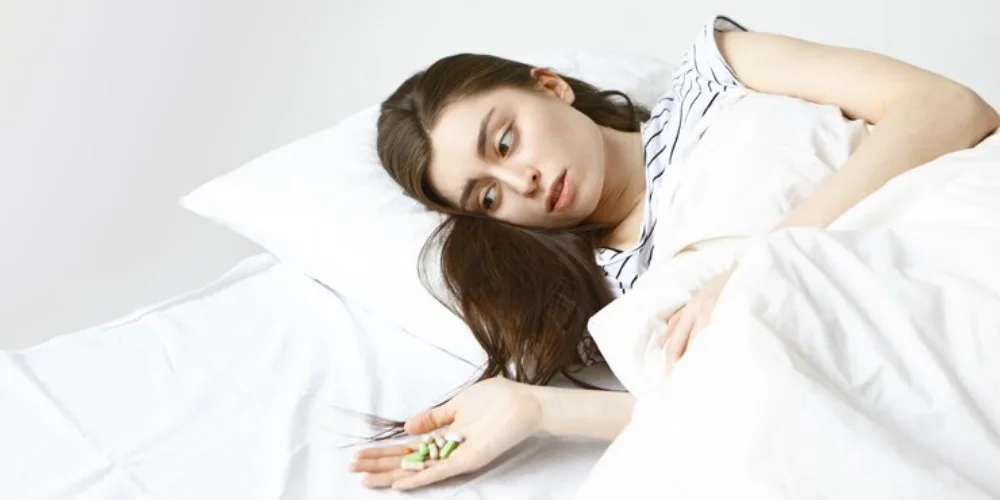
What Are Sleep Disorders?
Sleep disorders encompass a range of conditions that affect your ability to sleep well regularly. The most common sleep disorders include:
Insomnia:
Difficulty falling or staying asleep.
Narcolepsy:
Experiencing extreme daytime sleepiness and sudden sleep attacks.
Restless Legs Syndrome (RLS):
An uncontrollable urge to move the legs, often accompanied by unpleasant sensations.
Circadian Rhythm Disorders:
Disruptions in the body’s internal clock can lead to irregular sleep patterns.
Various factors, including stress, medical conditions, lifestyle choices, and genetic predispositions can cause these disorders.
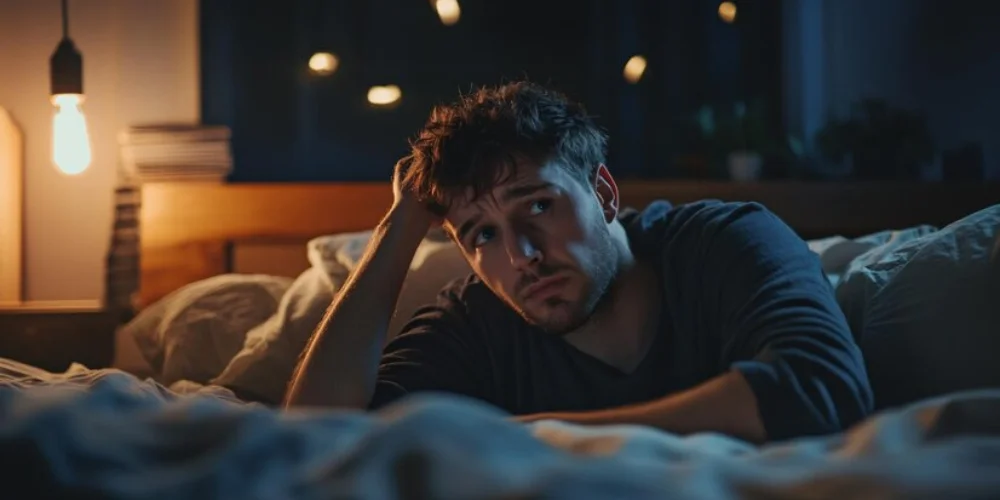
Natural Treatments for Sleep Disorders
For many people, natural remedies can be an effective way to manage sleep disorders without the need for prescription medications. Here are some of the most popular natural treatments:
1. Improving Sleep Hygiene
“Selecting healthy sleep patterns is essential for a good night’s rest. Creating simple adjustments to your daily routine can have a powerful effect.”
Maintain a Consistent Sleep Schedule:
Try to keep a constant sleep program, waking up and running to bed at the same time every day, even on weekends.
Create a Relaxing Bedtime Routine:
Before bed, engage in calming activities like reading, listening to soothing music, or taking a warm bath.
Optimize Your Sleep Environment:
Ensure your bedroom is dark, quiet, and calm. If necessary, employ blackout curtains, earplugs, or a white noise device.
Limit Exposure to Screens:
Avoid electronic devices such as smartphones, tablets, and computers at least an hour before bedtime, as the blue light emitted can interfere with your sleep cycle.

2. Herbal Remedies and Supplements
Certain herbs and supplements are known to promote relaxation and improve sleep quality:
Melatonin:
A natural hormone that regulates sleep-wake cycles. Supplementing with melatonin can help reset your internal clock, especially if you have circadian rhythm disorders.
Valerian Root:
An herbal remedy used for centuries to reduce anxiety and
Chamomile:
A popular herbal tea that has mild sedative effects, making it an excellent option for winding down before bed.
Lavender:
The calming scent of lavender can be used in aromatherapy or as a tea to help relax the mind and body.
3. Cognitive Behavioral Therapy for Insomnia (CBT-I)
CBT-I is a structured program that helps individuals change their thoughts and behaviors around sleep. It is one of the most effective treatments for chronic insomnia and involves techniques such as:
Sleep Restriction:
Limiting the time spent in bed to increase sleep drive.
Stimulus Control:
Associating the bed with sleep only, avoiding activities like watching TV or eating in bed.
Cognitive Restructuring:
Identifying and challenging negative thoughts about sleep.
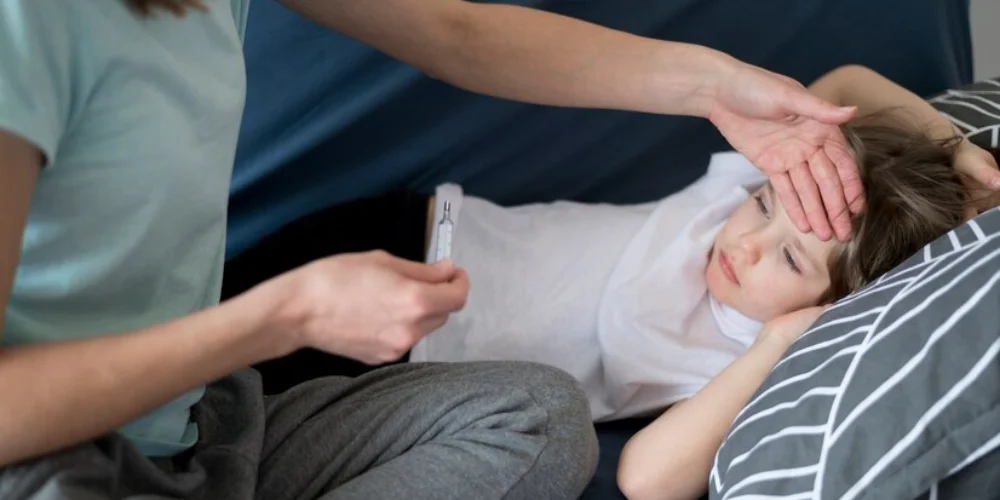
4. Physical Activity and Exercise
Regular physical activity has been shown to improve sleep quality, reduce insomnia symptoms, and increase the duration of deep sleep. Aim to get at least 30 minutes of average exercise most days of the week. Avoid vigorous activity close to rest, as it can be encouraging.
5. Mindfulness and Relaxation Techniques
Practicing mindfulness and relaxation techniques can reduce stress and anxiety, which are common contributors to sleep disorders:
Meditation:
Mindfulness meditation before bed can calm the mind and prepare the body for sleep.
Progressive Muscle Relaxation:
A technique that involves tensing and relaxing muscle groups to promote physical relaxation.
Deep Breathing Exercises:
Focusing on slow, deep breaths can activate the parasympathetic nervous system, which helps induce relaxation.

Medical Treatments for Sleep Disorders
While natural treatments can be effective for some, others may require medical intervention to manage their sleep disorders. Here are some common medical treatments:
1. Prescription Medications
Doctors may prescribe medications to help manage specific sleep disorders. These may include:
Benzodiazepines and Non-Benzodiazepine Hypnotics:
Commonly prescribed for short-term treatment of insomnia. These medications can be effective but should be used with caution due to the potential for dependence.
Antidepressants:
Certain antidepressants, such as trazodone, can be prescribed for insomnia, especially when linked to depression or anxiety.
Stimulants:
Medications like modafinil treat narcolepsy and other conditions causing excessive daytime sleepiness.
Sleep Apnea Devices:
Continuous Positive Airway Pressure (CPAP) devices are the gold standard for treating obstructive sleep apnea. These machines deliver a steady stream of air through a mask to keep airways open during sleep.
2. Cognitive Behavioral Therapy (CBT) for Other Sleep Disorders
In addition to CBT-I, cognitive-behavioural therapy can be adapted to treat other sleep disorders, such as:
CBT for Sleep Apnea:
Combined with CPAP, CBT can help individuals adhere to their treatment and address any anxiety related to using the device.
This approach can help shift sleep
This approach can help shift sleep patterns to a more regular schedule.

3. Light Therapy
Light therapy involves exposure to bright light at specific times of the day to help regulate the body’s internal clock. It is particularly effective for circadian rhythm disorders, such as delayed sleep phase disorder or shift work sleep disorder.
4. Surgery
Surgical intervention may sometimes be necessary to treat sleep disorders, particularly obstructive sleep apnea. Surgical options can include:
Genioglossus Advancement (GA):
Surgery to reposition the tongue muscle to prevent airway collapse.
Maxillomandibular Advancement (MMA):
A procedure that repositions the jaw to enlarge the airway.
5. Lifestyle Modifications
In conjunction with other treatments, lifestyle changes can be crucial in managing sleep disorders:
Weight Management:
Remember: Losing extra weight can help alleviate obstructive sleep apnea symptoms.
Avoiding Alcohol and Caffeine:
Both substances can disrupt sleep and should be limited, especially in the hours leading up to bedtime.
Smoking Cessation:
Smoking can exacerbate sleep disorders, particularly sleep apnea. Quitting smoking can improve sleep quality.
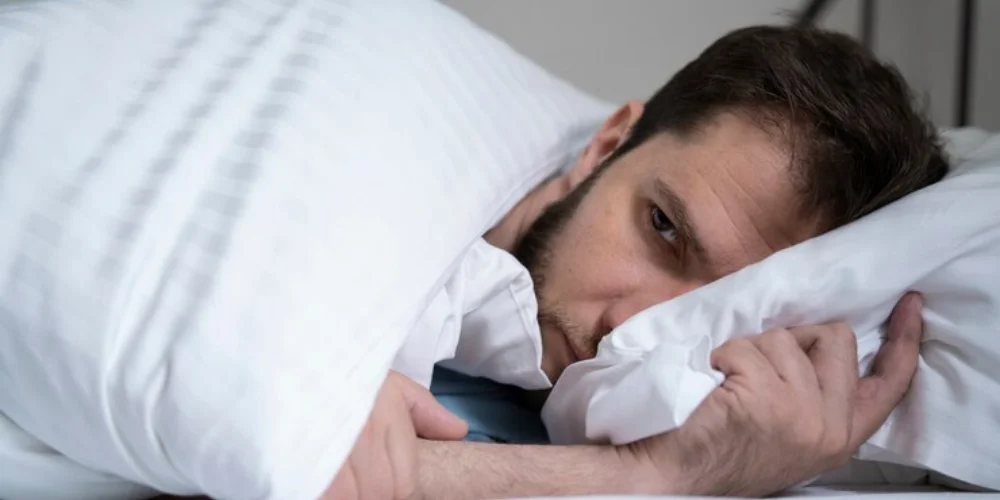
Combining Natural and Medical Treatments
Combining natural and medical treatments may offer the best results for many individuals. For example, someone with sleep apnea might use a CPAP machine to improve their overall sleep experience while practising relaxation techniques. Collaboration with healthcare professionals is essential to developing a personalized treatment plan that addresses your needs.
Final Thoughts
Sleep disorders can significantly impact your life, but with the right approach, they are manageable. Whether you opt for natural remedies, medical treatments, or a combination, the key is to be proactive about your sleep health. Sleeping will enhance your overall well-being and contribute to better mental and physical health.
If you suspect you have a sleep disorder, consult with a healthcare provider to discuss your symptoms and explore the treatment options that are best suited for you. A good night’s sleep is within reach, and with the proper guidance, you can reclaim the restful nights you’ve been missing.
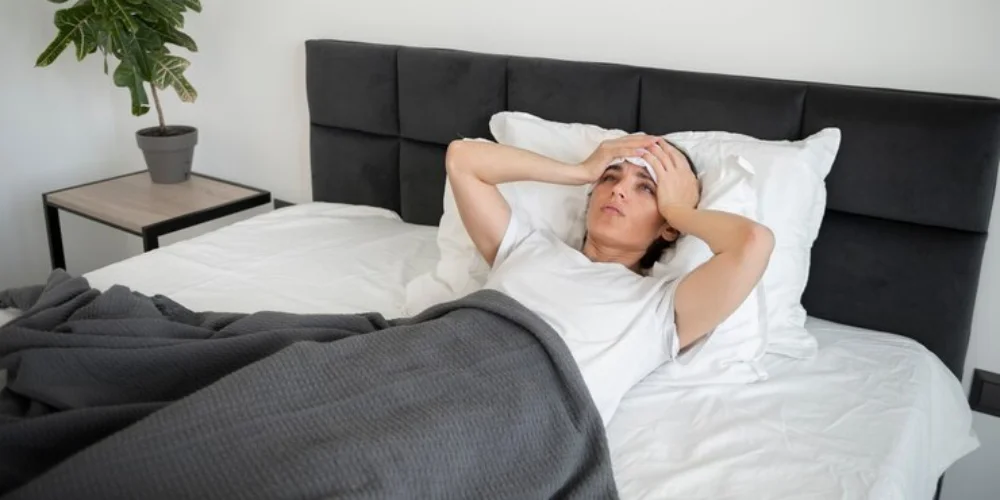
Recent Post
-
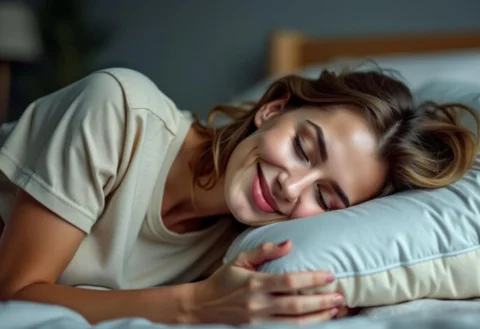 Top 20 Tips to Improve Your Sleep When Times Are Tough
Top 20 Tips to Improve Your Sleep When Times Are Tough -
 Boost Your Mental Health with Mindfulness and Meditation Practices | Tips 2024
Boost Your Mental Health with Mindfulness and Meditation Practices | Tips 2024 -
 Stress Management Tips and Tricks | 100% Best Solutions of Stress
Stress Management Tips and Tricks | 100% Best Solutions of Stress -
 Depression and Anxiety | 10 Best Treatments for Depression & Anxiety
Depression and Anxiety | 10 Best Treatments for Depression & Anxiety -
 Weight Lose Fast: Scientific and Sustainable Lose Weight Top 15 Tips
Weight Lose Fast: Scientific and Sustainable Lose Weight Top 15 Tips -
 Transform Your Health with Expert Nutrition & Diet Tips
Transform Your Health with Expert Nutrition & Diet Tips -
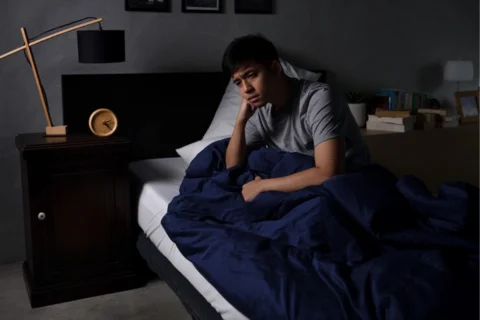 #1 Natural and Medical Treatments for Sleep Disorders: A Complete Guide
#1 Natural and Medical Treatments for Sleep Disorders: A Complete Guide -
 #1 Enhance Your Energy with These Exercise and Fitness Tips
#1 Enhance Your Energy with These Exercise and Fitness Tips -
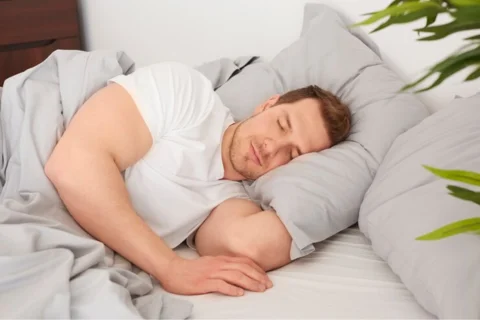 Choosing Why Sleep Is Important for Cognitive Health
Choosing Why Sleep Is Important for Cognitive Health -
 Tips for Improving Mental Health and Well-being
Tips for Improving Mental Health and Well-being -
 How to Improve Your Physical Health for Overall Wellbeing
How to Improve Your Physical Health for Overall Wellbeing
